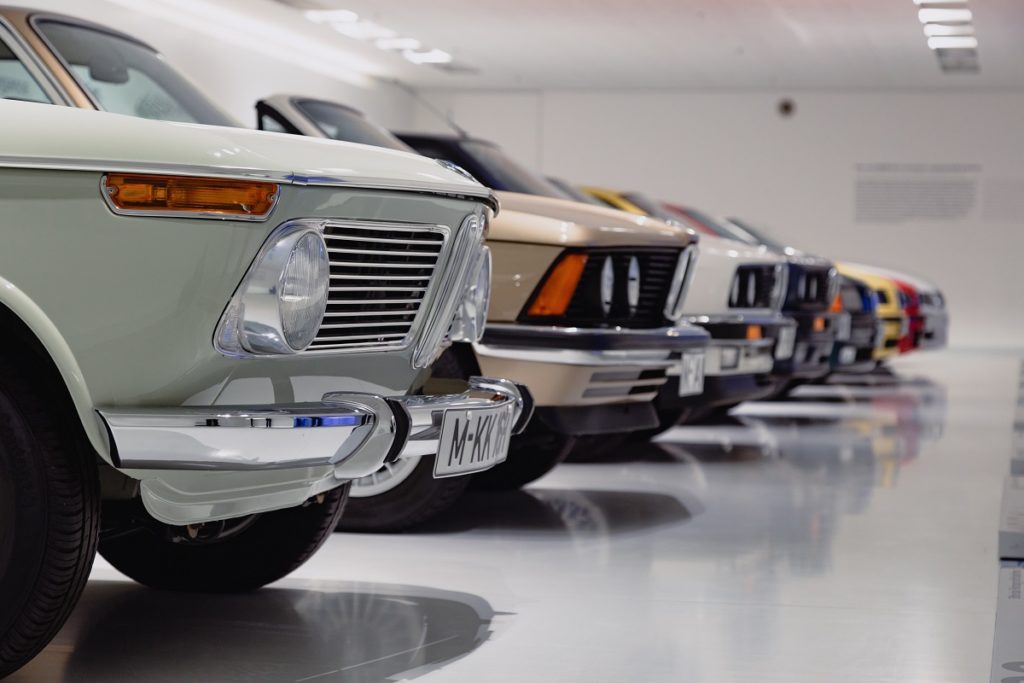Catering to an affluent clientele requires you to carry an equally luxurious image. Whatever the products or services you offer, your staff must be trained in interacting with high-profile personalities. Your business establishment, whether it’s online-based or a physical place, should exude class.
Since your clients most likely own luxury cars, does that mean your business should have one, too? If you regularly hold meetings with your clients on five-star hotels or Michelin star restaurants, it may look a little awkward on your part if you’d take an old Corolla with you. Despite that car’s efficiency and popularity, we can’t deny that it doesn’t fit in a parking lot full of Porsche and Benz. Besides, how can your luxurious image stay consistent if your company car is the opposite of it?
Luxury Cars for Businesses
The main thing holding you back from buying a luxury car is, of course, the costs. The IRS terms are another thing that can make you hesitant. According to the IRS, a luxury car isn’t a business necessity. In fact, they limit the cost of a luxury car that businesses can write off against their taxes. But luckily, there are ways to go around this drawback.
If you buy a company car, your business has to depreciate its costs over the car’s useful life. However, the IRS limits the value that you can depreciate. In 2013, for example, the depreciation limit for a car weighing no more than 6,000 gross pounds was $23,760. Any amount spent exceeding that limit couldn’t be recovered.
Under the new tax laws, though, if you use your company car exclusively for business, regardless if it’s a luxury car or not, you’ll get significant bonuses. To be entitled to those bonuses, the car should be placed in service anytime between Sept. 28, 2017, and Dec. 21, 2026. You can get an $18,000 bonus in the first year, $16,000 in the second year, and $9,600 in the third year. From the fourth year onward, you’ll get $5,760 every year until the car depreciates fully.
In the case of luxury cars, specifically, you can gain more tax advantages if you lease one instead of buying. Leasing a car exclusively for business makes your entire lease payment deductible. In addition, you can write off out-of-pocket operational costs such as fuel, maintenance, tires, and insurance. Leasing also allows your business to keep its luxury fleet nice and new.
But what if buying is the sounder option? Consider buying a used one to save costs, including taxes. Just claim the standard mileage rate and absorb any additional costs. Choose a fuel-efficient luxury car to maximize your claims.
Luxury Cars for Employee Use

If you would allow your employees to take the company’s luxury car home, ensure that they’ll follow your regulations on how they can use the car. Company cars aren’t normally allowed to be driven for personal purposes, except during an emergency. Employees may also take the company car to the mechanic, and a mechanic is allowed to test drive the car when making repairs.
For insurance and tax purposes, require your employee to log all the trips they make using the company car. They should include the date, starting point, destination, starting and ending odometer readings, their name, and the number of passengers in the vehicle log. Provide an additional log for fuel and maintenance services as well.
Ensure that anyone who would drive your company’s luxury car is an eligible and licensed driver and obedient to traffic laws and road signs. If they commit violations, such as a speeding ticket, beating the red light, or driving under the influence, you have the right to revoke their driving rights.
Company Luxury Car Maintenance
Among luxury car brands, BMW is the most expensive to maintain. Within ten years, you could spend $17,800 on maintaining it. Mercedes-Benz comes second at $12,900, and the third is Cadillac at $12,500. The fourth is Volvo, which also costs $12,500 to maintain; Audi is fifth at $12,400. All figures are based on estimates of total maintenance over 10 years.
To keep your company’s luxury car looking new for a long time, don’t just maintain the engine and interiors, but also the exteriors. Car paint is particularly vulnerable since it’s exposed to the elements. Even if you park the car in a garage, the humidity in that place may degrade the car’s paint over time. So give it a layer of protection. Clear car protection film installers can help you. The film will keep your luxury car’s paint shiny and pristine even with time. It can also make cleaning easier, so maintenance will be a breeze and possibly cheaper as a result.
If you’ve decided to buy a luxury car for your business, take note of these maintenance tips to add to your tax deductibles. With your tax benefits maximized, your purchase will be worth it, and you can confidently present yourself to your affluent clientele with your jaw-dropping auto.

